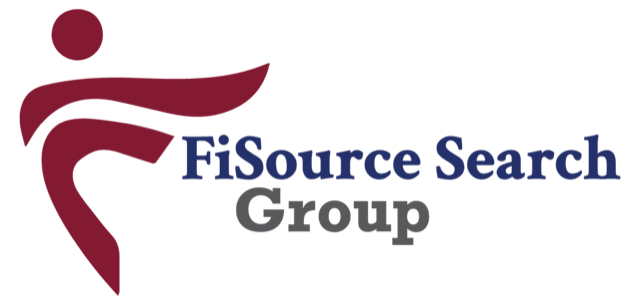Happiness as a Strategy
“I wish that I had let myself be happier” is one of the top 5 confessions uttered by people coming to the end of their life, according to palliative nurse Bronnie Ware’s cheerfully titled book The Top Five Regrets of the Dying. Now that I’ve got your attention with a rather bleak topic, I’ll tell you where I’m going with this.
I’ve been extra thoughtful about life lately. Maybe it’s the dire life and death headlines about Coronavirus and a possible pandemic. Maybe it’s that spring is arriving here in Arizona, the desert is starting to bloom, and I’m inspired to stop and smell the flowers before the 100+ degree heat arrives.
My thoughtfulness got me thinking about another book recommended to me by a mentor, The Happiness Advantage by Shawn Achor, which explores the idea that happiness precipitates high performance and success, not the other way around.
So many people, especially in sales, pride themselves on being “grinders.” “If I work harder, I’ll be more successful and if I’m more successful, then I’ll be happier.”
In fact, Achor’s research has shown that 75% of job successes are predicted by our optimism levels, social support and ability to reframe stress as a challenge rather than a threat.
If this is true, what if companies and managers did more to encourage their people to simply…be happy?
I am finding more and more these days, that the company cultures and managers who emphasize work-life happiness, not just balance, are standing out in the war for talent.
In The Happiness Advantage, Achor pulls from his extensive work on the subject, including one of the largest studies on happiness at Harvard, additional research on companies like UBS and KPMG, and case studies from his work with thousands of executives at Fortune 500 companies in 42 countries.
Achor discusses many of his findings in a still-relevant 2012 article he wrote for the Harvard Business Review, entitled Positive Intelligence.
A key takeaway is that when people shift to a positive mindset, they improve performance on every level – in productivity, creativity, and engagement. It seems like common sense, especially in this day and age of self-care and focus on gratitude, but for many, it takes an intentional shift in habitual ways of thinking to “let” themselves be truly happy.
Achor recommends 5 specific activities – one performed each day for 3 weeks – to produce sustainable improvement towards a positive mindset, and ultimately in performance:
- Express gratitude, specifically in writing. Use a journal, write it on a sticky, email it to yourself. Just do it.
- Positive Messages to Others. Make a point to express something positive to someone on the team (or anyone) every day. Encourage your team to do the same.
- Meditate. It may not be appropriate to set up a yoga practice in your office. But what about a lunch and learn with your team, bringing in an expert on meditation and its impact on life/work success?
- Incorporate exercise during the day. Think walking meetings around the corporate campus, the parking lot, a nearby park, or workplace walking challenges. (It’s a no brainer here in Arizona. The sun is almost always shining so I have no excuse!)
- Write down positive experiences. At your next team meeting, try starting with an exercise where everyone writes down their most positive experience of the past 24 hours. Sharing is optional.
I hope this doesn’t sound all woo-woo or new age, and I know none of these are new concepts, but I personally have seen real results in my own professional and personal life from taking the time to incorporate these practices.
And I will say that increasingly, particularly with emerging talent, it pays off in talent attraction, retention, and performance to incorporate these kinds of soft benefits into your culture and management style.
So why not give some of these a try, starting with you and/or with your team? And let me know how it goes!
